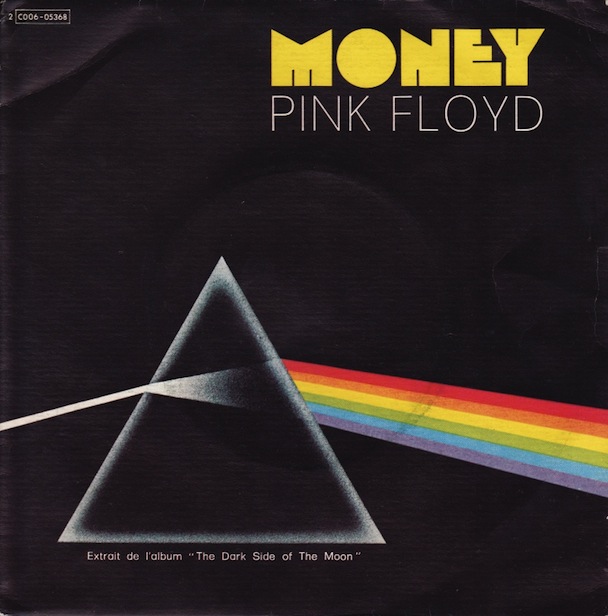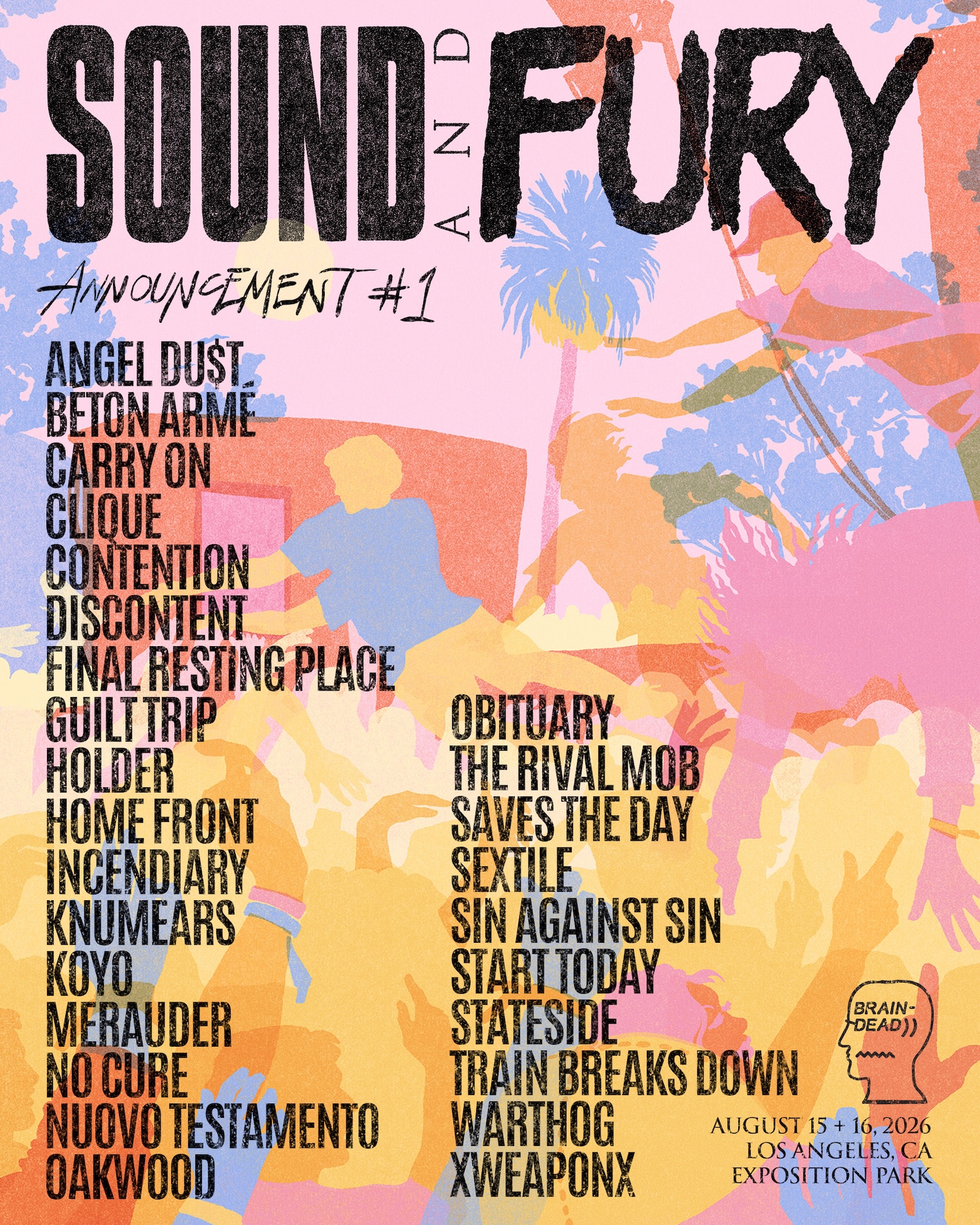It can't be a coincidence that less than one week after Pink Floyd's catalog was "unlocked" on Spotify, band members Roger Waters, David Gilmour, and Nick Mason published an editorial on USAToday.com decrying Pandora's royalty payouts -- or, more specifically, the payout system that would be put in place if the Pandora-sponsored Internet Radio Fairness Act (IRFA) were to pass. According to Pink Floyd -- and a growing number of artists who have signed a petition to block the bill -- IRFA would serve to "gut the royalties that thousands of musicians rely upon," as paid by Pandora; per Floyd, it would amount to an 85% pay cut.
Yesterday, songwriter/activist David Lowery spoke up against Pandora/IRFA, too, in a blog post titled, "My Song Got Played On Pandora 1 Million Times and All I Got Was $16.89, Less Than What I Make From a Single T-Shirt Sale!" In the post, Lowery laid out in detail the royalties he's paid by Pandora via the current system, and compared that to the royalties he's paid by terrestrial radio and SiriusXM. Still, the bulk of his beef was with IRFA: "Why doesn’t Pandora get off the couch and get an actual business model instead of asking for a handout from congress and artists?"
Needless to say, both Floyd and Lowery have a legitimate cause for concern -- IRFA or no, royalties paid by streaming audio services are not particularly robust. And the messages coming from Pandora founder Tim Westergren encouraging musicians to back the bill have been dubiously obfuscating at best.
But here's the thing: IRFA is really, really confusing -- not some black-and-white piece of devious legislation expanding the rule of robber barons. We wrote a massive Deconstruction of it last year, and even that addressed only some aspects of how the bill would affect artists. Slate published a fascinating piece on the topic last year, explaining how IRFA "might finally fix the messy Internet radio royalty system," which does an excellent job of untangling the crazy mess of copyright law and broadcast royalties. (I encourage you to read it.)
Neither Floyd nor Lowery gets into the nuances of IRFA -- which, per Slate, "could allow a promising industry to flourish, generating jobs, providing more revenue opportunities for artists, and giving more choices to consumers." Yet Floyd's connection to Spotify makes their motives seem questionable, regardless of their intent. As PublicKnowledge.org points out, IRFA applies to compulsory licenses: "This includes companies like Pandora and broadcast radio stations that stream their programming on their websites, but does not include services like Spotify that let you pick each song you listen to." Meanwhile, Lowery's suggestion that Pandora "get off the couch and get an actual business model" seems ... kinda simplistic? It relies on the idea that the SiriusXM model is a viable one -- except that SiriusXM reportedly has 24.4 million subscribers, while Pandora reportedly has more than 200 million registered users. Furthermore, according to Slate, "Sirius XM pays 8 percent of gross revenues for the use of sound recordings ... Pandora, however, paid nearly 50 percent of its revenues in sound recording royalties."
That's the imbalance IRFA is ostensibly trying to correct, and if the bill fails, it could mean the end of Pandora -- which might seem like a win for musicians now, but I see no guarantees the new boss is going to be a great deal more generous than any of the old ones.






